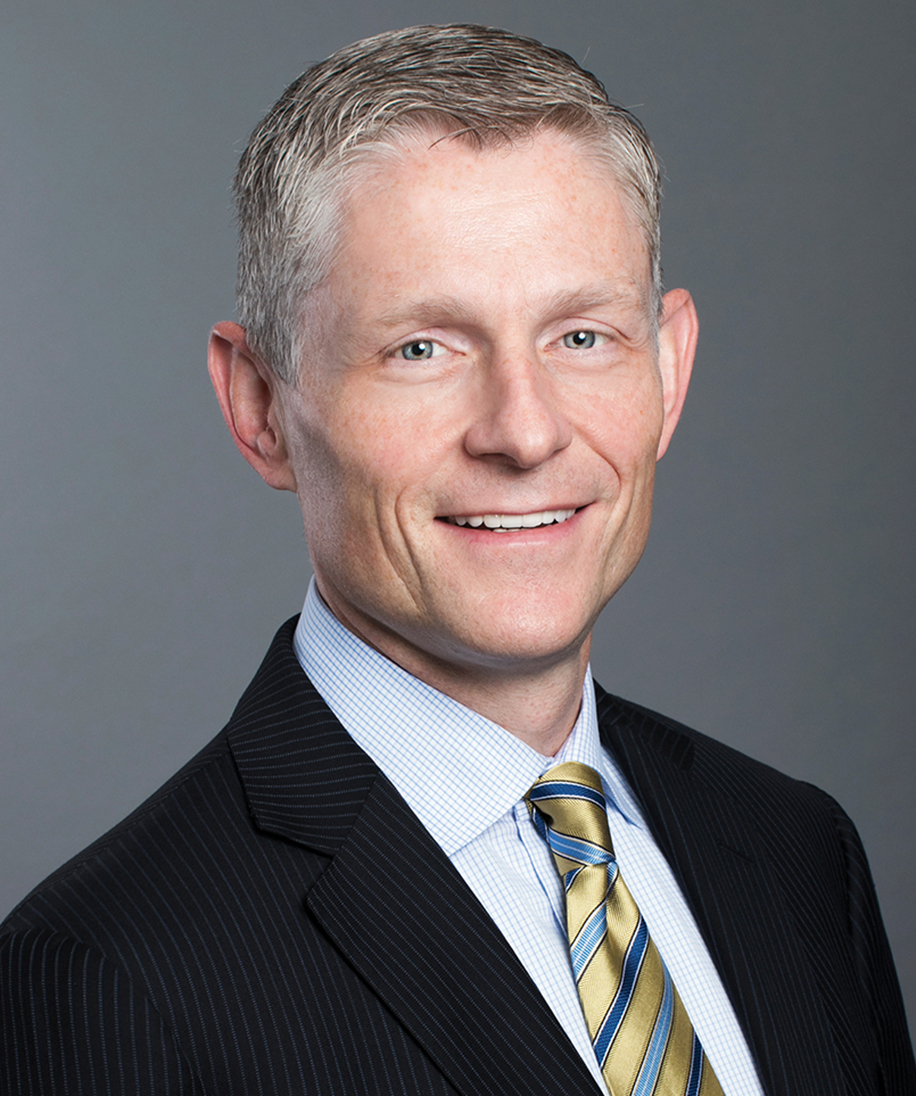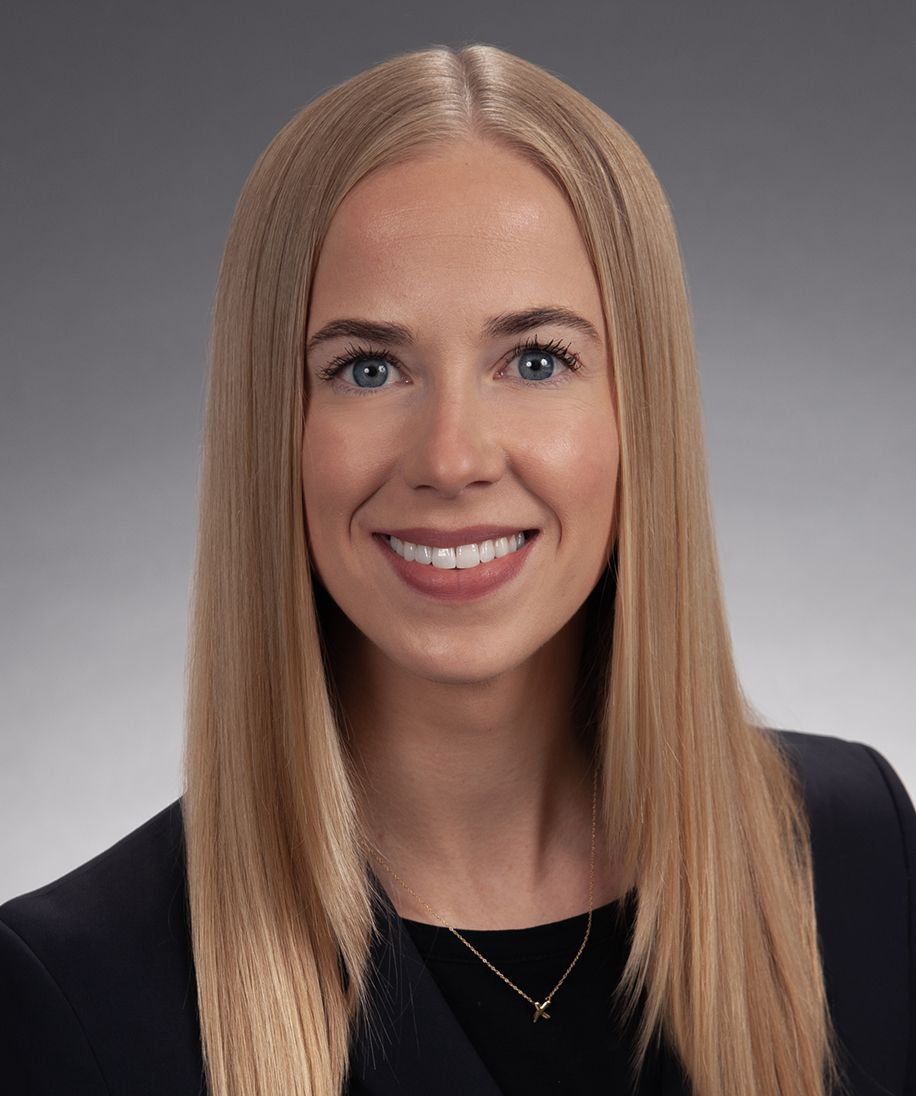Client Alert
Supreme Court Holds That First Amendment Free Speech Right Trumps State Antidiscrimination Law
July 05, 2023
By Elena R. Baca,Blake R. Bertagna,Kenneth W. Gageand Marisa M. Sherman
On June 30, 2023, the U.S. Supreme Court issued its decision in 303 Creative LLC v. Elenis. In a 6-3 opinion, the Supreme Court held that the First Amendment prohibits Colorado from compelling a website designer to engage in expressive speech that conflicts with her conscience. The decision is narrow, largely based upon a stipulated set of facts, so it remains to be seen whether it will be successfully used by other business owners to avoid antidiscrimination laws.
Background
The parties stipulated to the following facts. 303 Creative LLC is a Colorado-based web and graphic design business. Its owner, Lorie Smith, wanted to expand her company’s services to couples seeking websites for their weddings. The wedding websites would “be expressive in nature,” in that she would collaborate with couples to create customized websites that would express her view of marriage. Smith’s sincerely held religious belief is that marriage is a union between one man and one woman. Smith is willing to work with all people, regardless of protected characteristics, including clients of any sexual orientation.
The Colorado Anti-Discrimination Act (the “CADA”) prohibits all “public accommodations” from denying “the full and equal enjoyment” of its goods and services to any customer based on numerous protected characteristics, including sexual orientation. Under the CADA, “public accommodation” is broadly defined to include most businesses providing goods or services to the public. The CADA applies to Smith’s business.
Smith sued the Director of the Colorado Civil Rights Division to clarify her rights under the CADA. She sought an injunction to prevent Colorado from forcing her to create websites celebrating marriages that conflict with her religious beliefs about marriage.
The District Court denied Smith’s request for an injunction; she appealed. The United States Court of Appeals for the Tenth Circuit affirmed the District Court’s decision. The Supreme Court granted certiorari and reversed.
The Decision
The Court focused on the foundational importance to democracy of the right to free expression. It relied heavily upon several of its precedents (Boy Scouts of America v. Dale, West Virginia Bd. of Ed. v. Barnette, and Hurley v. Irish-American Gay, Lesbian and Bisexual Group of Boston, Inc.), holding that the First Amendment “protects an individual’s right to speak his mind regardless of whether the government considers his speech sensible and well intentioned or deeply misguided.” In Dale, the Court held that it would violate the Boy Scouts’ right of “expressive association” to use New Jersey’s public accommodations law to force the Boy Scouts to readmit an assistant scoutmaster after learning he was gay. In Barnette, the Court held that the First Amendment prevents school officials from compelling a student to stand and salute the flag during the Pledge of Allegiance. In Hurley, the Court held that Massachusetts’ public accommodations statute could not be applied to require a parade organizer to include in its parade a group of gay, lesbian, and bisexual individuals with which it disagreed.
Relying heavily on the parties’ stipulated facts, the Court explained that Smith’s wedding websites are expressions of her speech protected by the First Amendment. The Court observed that to enforce the CADA, impinging on Smith’s free speech rights, Colorado had to satisfy the “strict scrutiny” test. Specifically, Colorado needed to show that compelling her to create websites for weddings that did not consist of one man and one woman in conflict with her religious beliefs served a compelling governmental interest. The Court held that Colorado failed to meet the standard.
Public accommodations laws, according to the Court, play a “vital role” in the protection of civil rights; the Court further agreed that states have a “compelling interest” in eliminating discrimination. But, the Court reasoned, such laws are not “immune from the demands of the Constitution” and Colorado’s public accommodations law could not be used to deny speakers the right to choose the content of their own message. Responding to the dissent, the Court emphasized that this case is about expression, not access to public accommodations, pointing to the parties’ stipulated facts (i.e., Smith sought to engage in expression and she was willing to work with all individuals, regardless of sexual orientation). Concluding that Colorado sought to compel speech from Smith (i.e., custom websites celebrating marriages that conflict with her sincerely held beliefs), the Court held the CADA unconstitutional in this context.
The Dissent
In dissent, Justices Sotomayor, Kagan, and Jackson argued that the Constitution “contains no right to refuse service to a disfavored group.” The dissent further reasoned that the “two core purposes” of public accommodation laws—ensuring “equal access to publicly available goods and services” and “equal dignity in the common market”—would be undermined by the majority decision.
The dissent did not interpret the CADA as abridging Smith’s freedom of speech in any meaningful sense, noting she was still free to advocate her beliefs related to same-sex marriage on her website. But she could not offer wedding websites to the public yet refuse those same websites to gay and lesbian couples. For example, the dissent noted, although a professional photographer is generally free to choose her subjects, and even though her work is customized and expressive, if the photographer were to open a photography business to the public, she could not deny those services to multiracial children because she does not want to create speech expressing that interracial couples are acceptable. Nor could the photographer deny services to women because the owner believes a woman’s place is in the home.
In the end, the dissent concluded that because the CADA applies only to the refusal to provide same-sex couples the full and equal enjoyment of the company’s publicly available services, any burden on speech is “incidental” to Colorado’s content-neutral regulation of conduct, that the CADA’s application to the facts survives the proper standard of constitutional scrutiny, and that Smith was not entitled to the injunction she sought.
Implication for Employers
The narrowest interpretation of 303 Creative would hold it to its stipulated facts and a limited finding that a state cannot compel particular speech. The Supreme Court’s ruling creates uncertainty in the enforceability of public accommodation state laws in many states, particularly where the services offered may be characterized as expressive. Whether 303 Creative will provide a foundation for further efforts to limit state action to regulate business remains to be seen. In the meantime, private employers must still comply with applicable employment non-harassment and non-discrimination laws, including taking steps to prevent harassment and discrimination on any ground. While certain speech may be protected in the workplace, the First Amendment does not apply to private employers. As a result, private employers can and should continue to maintain and enforce their non-harassment and non-discrimination policies to ensure a compliant workplace.
Contributors





